Quantum Machine Learning Group
Who we are
Quantum Machine Learning Group
What we do
With increasing complexity and inter-connectivity in the modern world the ability to solve optimization problems becomes indispensable. However, these problems are intrinsically hard to resolve as they usually require searching over an astronomically large spaces of possible solutions. The most promising idea to overcome these difficulties could rely on quantum computers, annealers such as the D-Wave 2000Q chip, in particular. In principle, such machines could solve variate of (hard) optimization problems (almost) “naturally” by finding low energy eigenstates.
Machine learning is term that encompasses a large number of computational techniques whose goal is to create algorithms able to learn from data. In recent years the huge success of machine learning transformed developed societies in an unprecedented way.
Quantum machine learning is a field of research and engineering that focuses of employing quantum information and computation for learning from data. Such intrinsic features of quantum mechanics as linearity, randomness, superposition and entanglement can be naturally employed to process data using quantum resources. Many classical machine learning techniques use linear algebra and probability theory as their foundations therefore there exists a natural mapping between mathematical theory of machine learning and two first features of quantum mechanics. Yet the second two can also form a basis for quantum data processing. Quantum machine learning can be divided into three distinct groups.
- quantum processing of classical data,
- application of classical machine learning techniques for quantum algorithms development,
- quantum processing of quantum data.
In the context of NISQ technology the first approach is the most promising for the technical applications.
The main goal of this part of a project is to devise a reliable certification technique, such that the number of measurements scales polynomially with the size of the system and with a high probability the correct answer is obtained for a fixed number of tries.
Research objectives:
A. Translation of business problems to quantum annealing architecture
- Task 1: Compiling probabilistic graphical models to Ising models suitable for quantum annealing
- Task 2: Emulation of quantum annealers and its applications
B. New schemes for benchmarking and certification
- Task 1: Discrimination of quantum devices
- Task 2: Learning of quantum operations
- Task 3: Certification of quantum devices
Meet the team
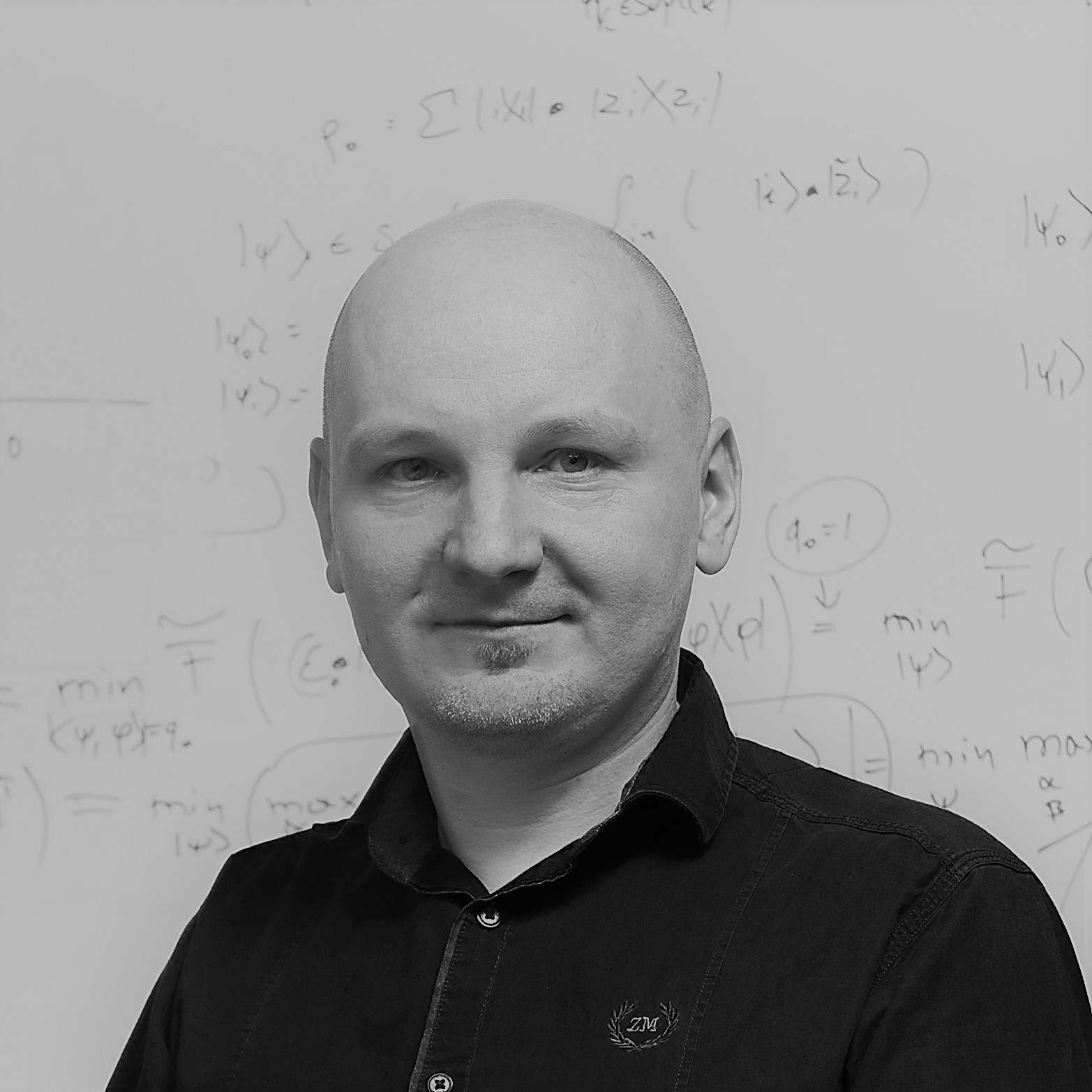
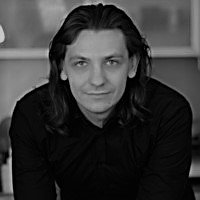
dr hab. Łukasz Pawela
Holds M.Sc. degree in technical physics, PhD and Ds.C degrees in computer science. Leader of a project aimed at classical simulation of quantum annealing architectures. Author and coauthor of multiple numerical libraries for numerical methods in quantum computation and various articles revolving around quantum machine learning and random matrix theory.
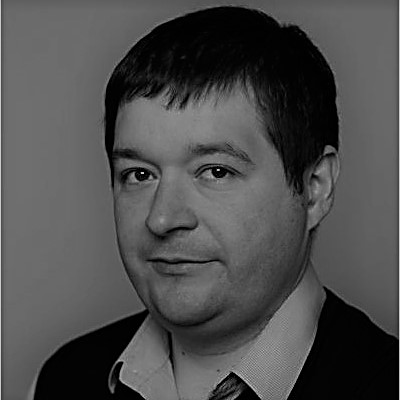
dr hab. Krzysztof Domino
Postdoc
Scientific/professional background:
I got my MSc in Physics from Jagiellonian University in Kraków. Then I was working for the railways company for 7 years. Meanwhile, I joined the Institute of Physics Centre for Science and Education of Silesian University of Technology in Gliwice, I pursued my PhD degree in Physics at Institute of Physics University of Silesia in Katowice.
Afterwards I started working at Institute of Theoretical and Applied Informatics, Polish Academy of Sciences in Gliwice and made my postdoctoral degree (habilitation) in Computer Science at Silesian University of Technology in Gliwice.
Scientific interest:
I am a theoretical physicist/computer scientist specializing (among others) in statistics, non-Gaussian data analysis, quantum computing and solving railways logistic problems.
Role in the project:
- solving railway dispatching problems on quantum annealers,
- statistical analysis of quantum annealer's output,
- simulating of quantum annealers e.g. by tensor networks,
- analysis of biochemical structures, for which the quantum computation is possible in future research.
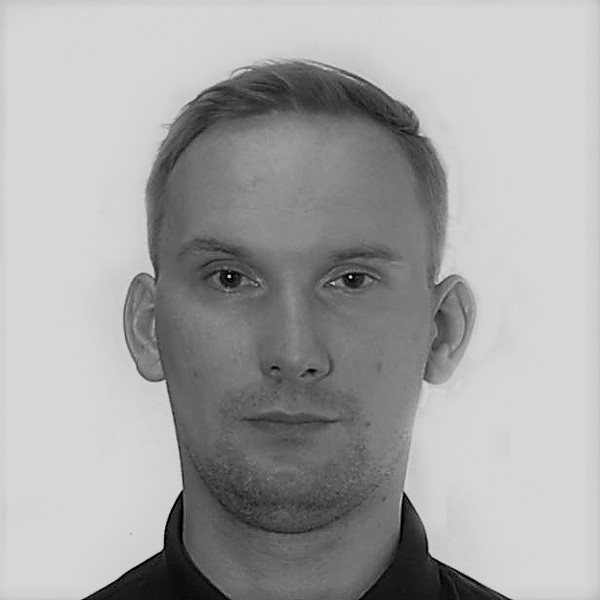
dr Bartłomiej Gardas
Postdoc
Bartłomiej Gardas received his PhD from the University of Silesia in Katowice (Poland) in 2014; was then a postdoctoral fellow in Los Alamos National Laboratory (USA), 2014 - 2016, and later (2016 - 2019) at the Jagiellonian University in Kraków (Poland). His work has been mostly focused on quantum and classical computing (including high-performance supercomputing and machine learning), simulation of many-body quantum physics (including quantum thermodynamics), and its prospective application to solve optimization problems. His major scientific achievements include demonstrations that already the first generation of quantum computers can be harnessed to tackle non-trivial problems concerning the physics of many-body quantum systems (cf. Ref. [3]). His idea was to construct a simple neural network (restricted Boltzmann machine) that can be taught the ground state energy of a physical model (the transverse field quantum Ising system). The learning process was assisted by a real quantum annealer consisting of 2000+ qubits. He also helped to prove that heat engines operating in the quantum regime cannot be thermodynamically more efficient than their classical counterparts.
He has received the Doctoral Dissertation Award from the Polish Physical Society (2015). In 2018, he was awarded the Google Faculty Research Award for his contribution to the field of quantum computing, and in 2019 the Stipend for Outstanding Young Researcher from the Polish Ministry of Science and Higher Education.
Research interests:
- Quantum computing.
- Applications of NISQ devices in real-life problems.
- Simulations of physical systems with quantum annealers.
- Tensor and neural networks and their applications.
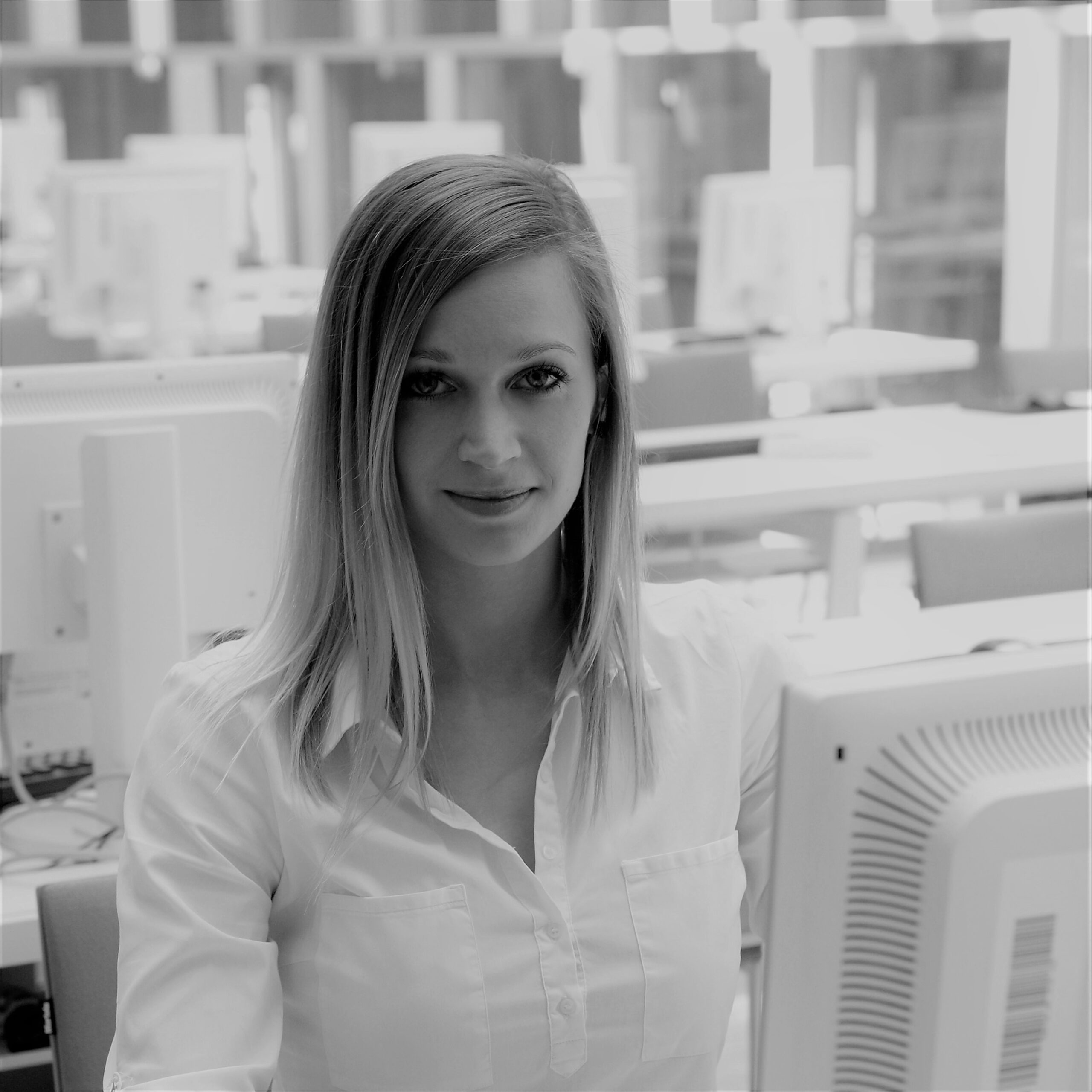
dr Hanna Wojewódka-Ściążko
Postdoc
Research interests:
· Markov dynamical systems and their ergodic properties (invariant measures, asymptotic stability, limit theorems).
· The theory of Markov operators and semigroups.
· Applying mathematical methods to quantum information theory (including random number generation and quantum cryptography).
· Quantum hypothesis testing, resource theories (encoding information into resources of quantum systems).
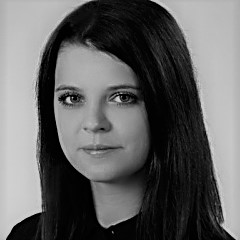
mgr Paulina Lewandowska
PhD student
I graduated in Mathematics at the University of Silesia in Katowice, under the supervision of Dr. Hanna Wojewódka-Ściążko. I am a member at Quantum Information Group at Institute of Theoretical and Applied Informatics, Polish Academy of Sciences in Gliwice, where I am currenlty working in Quantum Machine Learning Group. I am also PhD student at The Silesian University of Technology under the supervision of Dr. hab. Zbigniew Puchała.
My dissertation is concentrated about certification and learning of quantum devices.
Research interests:
- Quantum Information Theory
- Learning of Quantum Operations
- Quantum Causal Structures and Process Matrices
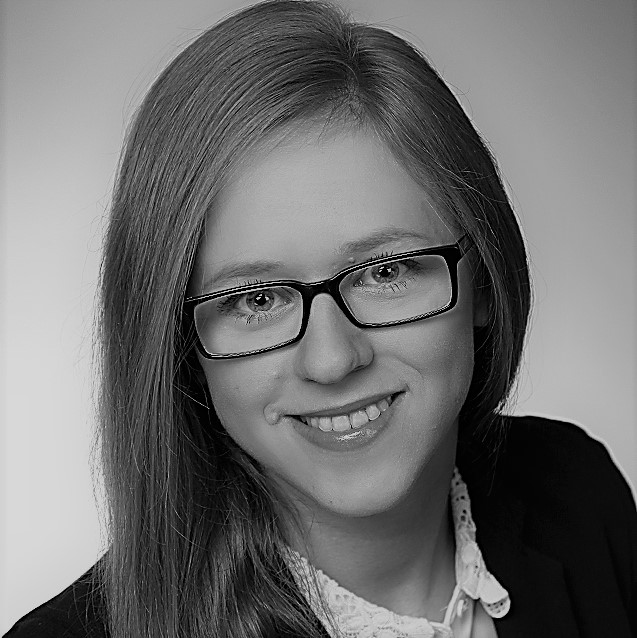
mgr Aleksandra Krawiec
PhD student
After completing my BSc in Mathematics at the University of Silesia in Katowice, I started working at the Institute of Theoretical and Applied Informatics in the Quantum System of Informatics Group. I did my MSc at the Silesian University of Technology in Gliwice. Currently, I am a PhD student at the Doctoral School of Information and Biomedical Technologies, Polish Academy of Sciences.
Research interests:
My research interests focus on quantum channels and measurements, mainly their discrimination and certification.
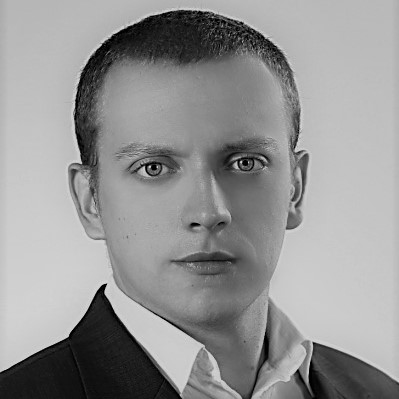
mgr Ryszard Kukulski
PhD student
I obtained my Master Degree in Maths at the University of Silesia in Katowice, under the supervision of Dr. Hanna Wojewódka-Ściążko.
I joined the Quantum Information Group at Institute of Theoretical and Applied Informatics, Polish Academy of Sciences in Gliwice, where I am currenlty working in Quantum Machine Learning Group. I am also PhD student at The Silesian University of Technology under the supervision of Dr. hab. Zbigniew Puchała.
In my dissertation I explore the applications of MBQC into Theory of QEC codes and also investigate the limits of quantum information recovery in finite-dimenstional open quantum systems.
Research interests:
- Quantum Information Theory
- Theory of Quantum Error Correction codes
Contact
Aleja Lotników 32/46
02-668 Warszawa
Poland
Phone: +48 22 847 09 20
Email: nisq@cft.edu.pl
© 2021 Near-term Quantum Computers Project